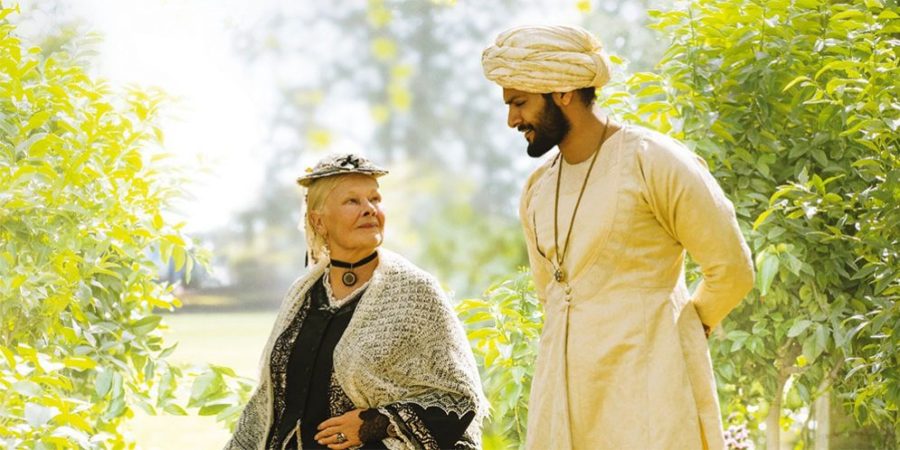Throughout the ages society has tended to be functional, particularly amongst the ruling class, where sense of duty to one’s nation is given priority over the way one feels.
So when love, the bond which brings joy to the life of so many, finds a way through, it often manifests itself in ways that are less than conventional.
Victoria, Queen of the United Kingdom of Great Britain and Ireland, and later, Empress of India, inherited the throne at the age of 18.
After an unhappy childhood, she married Prince Albert whom she loved dearly and lived with for 20 years before his untimely death.
Speaking of her wedding night she wrote, “…My dearest dearest dearest Albert…his excessive love and affection gave me feelings of heavenly love and happiness I never could have hoped to have felt before!…”
Despite their many children, Albert’s death led Queen Victoria into depression, and she began to retreat from public life.
Within this vacuum of sadness and mourning, life carried on.
At her Golden Jubilee in 1887, celebrating 50 years of her ascension to the throne.
50 European kings and princes were invited to the celebration.
Two days later, a man named Abdul, was presented to the Queen as a gift.
That day laid the foundations for a profound friendship between Queen Victoria and Abdul.
Eventually, as well as learning the language of Urdu from him – her personal notes include, written in Urdu, ‘Abdul taught the Queen,’ ‘You will miss the Munshi very much,’ and ‘Hold me tight.’
He would join the Queen on her travels, and on one occasion, on a trip to France, she almost had a revolt as her royal household first refused to take meals with him.
By 1891, the Munshi had his own servants in the royal household and by the end of 1893, the Queen had sent him a Christmas tree and given him his own horse-drawn carriage and driver.
He records how the queen began introducing him to key figures in her government and the empire, including William Gladstone and Sir Mortimer Durand, the architect of the ‘Durand Line’ border between today’s Pakistan and Afghanistan.
He recalls how he was ordered to brief the Secretary of State for India on the Muslim pilgrimage to Mecca.
Munshi is a Persian word meaning secretary or writer which is later used in British India to refer to a teacher.



